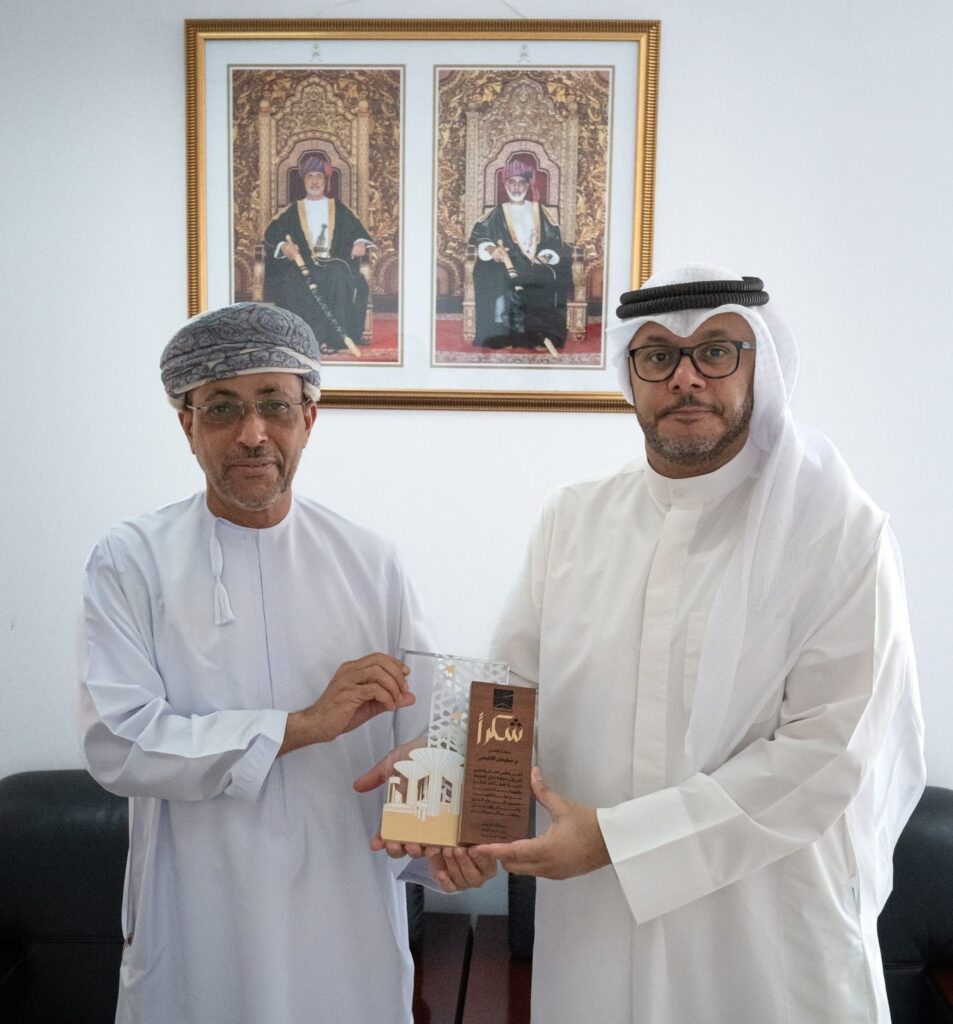06/08/2024
06/08/2024

KUWAIT CITY, Aug 6: The Environment Public Authority (EPA) emphasized on Tuesday its commitment to rehabilitating the Kuwaiti environment by advancing its Gulf projects focused on cultivating mangrove plants in cooperation with the Sultanate of Oman. Deputy Director General for Technical Affairs at the authority, Dr. Abdullah Al-Zaidan, informed Kuwait News Agency (KUNA) that during a recent visit to Oman, he met with Suleiman Al-Akhzami, Director General of Nature Conservation at the Environment Authority of Oman. Dr. Al-Zaidan expressed his appreciation for Oman’s ongoing contributions and efforts to enhance environmental conditions both locally and across the Gulf region.
Dr. Al-Zaidan explained that the visit was part of continued Gulf cooperation in environmental matters, highlighting Oman’s role in supplying Kuwait with mangrove seeds. Since 2018, Kuwait has successfully cultivated these seeds through collaborative efforts. During the visit, Kuwait received 2,000 mangrove seeds, collected and provided by Oman this season. These seeds will be cultivated in the laboratories of the Kuwait Environment Authority before being transported and planted in the Jahra Reserve.
The visit also included a review of Oman's efforts through a tour of the Al-Qurm Reserve in Muscat and a meeting with Badr Al-Busaidi, Head of the Wetland Environments Department. Al-Busaidi noted that the reserve, established as a nature reserve in 1975, was the first site registered under the Ramsar Convention on Wetlands and covers an area of 104,5775 hectares. The reserve is home to natural forests with Avicenna Marina mangrove trees, the only type able to adapt to the local climatic conditions.
Dr. Al-Zaidan highlighted that the Al-Qurm Reserve has played a crucial role in Oman's mangrove rehabilitation efforts since 2000 through the National Mangrove Plantation Program, which aims to preserve biodiversity and promote ecotourism.
During the visit, discussions focused on enhancing sustainable environmental development and reviving mangrove cultivation in Kuwait. The mangrove population, once found along Kuwait Bay's northern coasts, had been depleted due to human activities such as firewood cutting and overgrazing. Dr. Al-Zaidan stressed that replanting mangroves is essential for adapting to global climate conditions, as they reduce carbon dioxide levels three to five times more than tropical forests and provide vital habitats for fish, crustaceans, and birds.
Mangroves also protect coastlines from erosion and purify seawater, contributing to climate change adaptation and mitigation in Kuwait. Discussions also covered the best ways for cooperation between the two countries to achieve environmental sustainability and preserve natural resources, aligning with Kuwait's sustainable development goals and international agreements on climate change and biodiversity.
Dr. Al-Zaidan extended his gratitude to Suleiman Al-Akhzami, Director General of Nature Conservation at the Environment Authority of Oman, Dr. Thuraya bint Saeed Al-Sariri, Assistant Director General at the Authority, and Badr Al-Balushi, mangrove expert in Oman, for their ongoing cooperation with Kuwait and their search for sustainable environmental solutions amidst global climate change challenges.


